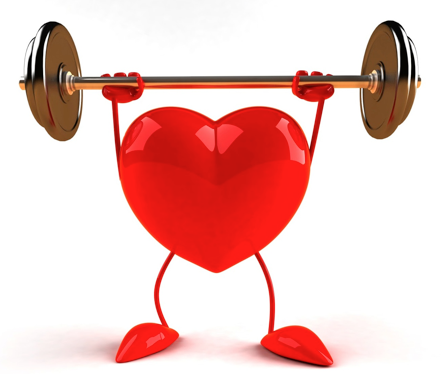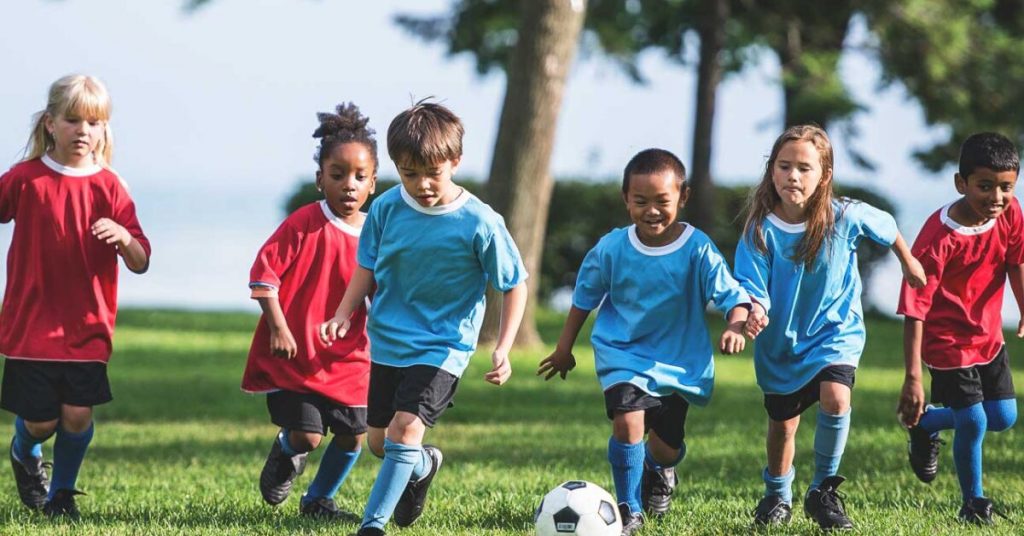Exercise for your kids
Posted on April 21st, 2021 by Andries Lodder
By Sean Pickup
People all over the world are becoming more aware of how beneficial consistent exercise can be for both their physical and mental well-being. Exercise has been shown to decrease the risk of chronic diseases like hypertension or diabetes while also lowering stress levels, improving mood and helping us become less prone to depression.
We are becoming more reliant on technology which means we are also becoming less active. Inactivity increases the risk of chronic disease in both children and adults.
The benefits of regular exercise in both children and adults include the following:
- Increased fitness levels
- Improved posture and balance
- Less stress on the body
- Better concentration
- More regular sleep patterns
- Improvement in mood
- Keeping your heart, muscles and bones strong and healthy and promoting healthy development
- Providing the opportunity to socialise
- Better self esteem
Make it enjoyable
Making sure a child enjoys the exercise is important as this will encourage them to stick to it.
This enjoyment is highly dependent on the child as some will enjoy team sports over individual exercise or vice versa. Exercise doesn’t always have to be revolved around a sport; playing in the garden with family or riding a bike with friends is more than enough for children to do some exercise that they will enjoy.
Start them young
Children can start engaging in exercise before they can even walk. No, this does not mean making a baby go for a run.
Simple movements such as tummy time, rolling over and reaching for toys is seen as adequate forms of exercise for small children and babies.
Physical activity from such a young age promotes the development of bones, muscles as well as social, cognitive and motor skills and proprioception.
Keep them going
As children get older, their abilities begin to increase. Encouraging children to be active for most parts of the day will greatly improve their overall health.
This exercise can be done through sport or just regular playing on bikes or in parks. If a child has developed a good base of movement skills form a young age, it will greatly improve their balance and coordination as they get older.
Progress as they get older
Children and teenagers should be aiming to do at least 60 minutes of moderate to vigorous exercise every day.
These exercises can range from moderate intensity exercise like walking the dog or riding a bike to more intense exercise like running or taking part in a sport.
Resistance exercise, either body weight or in the gym, will help greatly with bone development as well as overall strength and flexibility.
Children should always be monitored when exercising or playing a sport in order to avoid any unnecessary injury.
For any tips on getting your children active, or any other fitness related questions you may have, please do not hesitate to contact us.
(NHS, 2013)
Tweet


